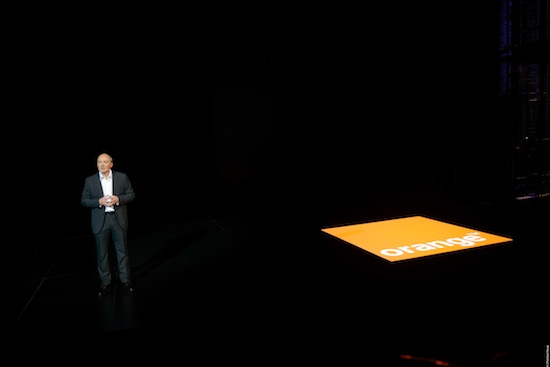Orange has been one of the most ambitious supporters of LoRa technology for low-powered Internet of Things networks and is confident it still has value amid the imminent launch of NB-IoT and with 5G on the horizon.
The LoRa Alliance was launched a year ago, comprising Orange as well as the likes of Swisscom and Proximus. The French market leader has vowed to launch 15 LoRa-based networks by the end of this month, with most of metropolitan France brought online by the end of June.
Speaking to Mobile Europe, Luc Bretones, Senior Vice President, Orange Technocentre, says extensive testing in Grenoble has led to a technology that can offer coverage into the likes of car parks and metro stations.
He says: “In Paris in particular, there are a lot of car parks. There’s effectively a town underneath the town. We can’t provide services to them with cellular at the same cost and quality as LoRa.”
Cost and speed are key. Bretones says the comparative flexiblility of the non-standardised LoRa compared to cellular technology means it can meet the demand that exists for wide-area networks now.
However, Bretones accepts LoRa is effectively a stop-gap as ETSI gets to grips with standardising cellular technology in the form of NB-IoT. Due later this year, this will allow operators to use existing spectrum assets for IoT networks through a software upgrade.
However, Bretones dismisses suggestions that LoRa is effectively a waste of time; that resources put into developing and building LoRa, Sigfox or Weightless networks could be better spent on NB-IoT.
He says: “Personally I think LoRa usage will be fully integrated for the mid term within a regulated [X]G standard. There will be a squeeze among LPWA-only players but for us, we feel; there will be a period of so many years where there will be both LoRa and NB-IoT networks.
“At the end of the day, I don’t know how many years LoRa will have before a regular network will take over. But this will be unbeatable in terms of deploying advanced LPWA features and services.”
He argues while LoRa may be shortlived, or rather medium-lived, it will benefit the technologies that ultimately replace it. “With NB-IoT we will learn from the work we did with LoRa. [The latter] is a non-regulated tech so we can move a lot faster. The key point with NB-IoT wil be security and quality of service. You can’t deliver that with a non-regulated technology.”
Caroline Gabriel, Research Director at Rethink Technology Research, says that while there will be some operators who will use LoRa as a stop gap until NB-IoT is released, its affordability and flexibility mean it will have some use cases in the longer term.
She says: “I foresee LoRa being a large niche, not a universal solution – because MNOs will definitely gravitate to NB-IoT for new roll-outs and anything requiring high QoS. But I think there is enough scale for it to survive in a world of MNO HetNets/offloads, and of a wide variety of service providers.”



